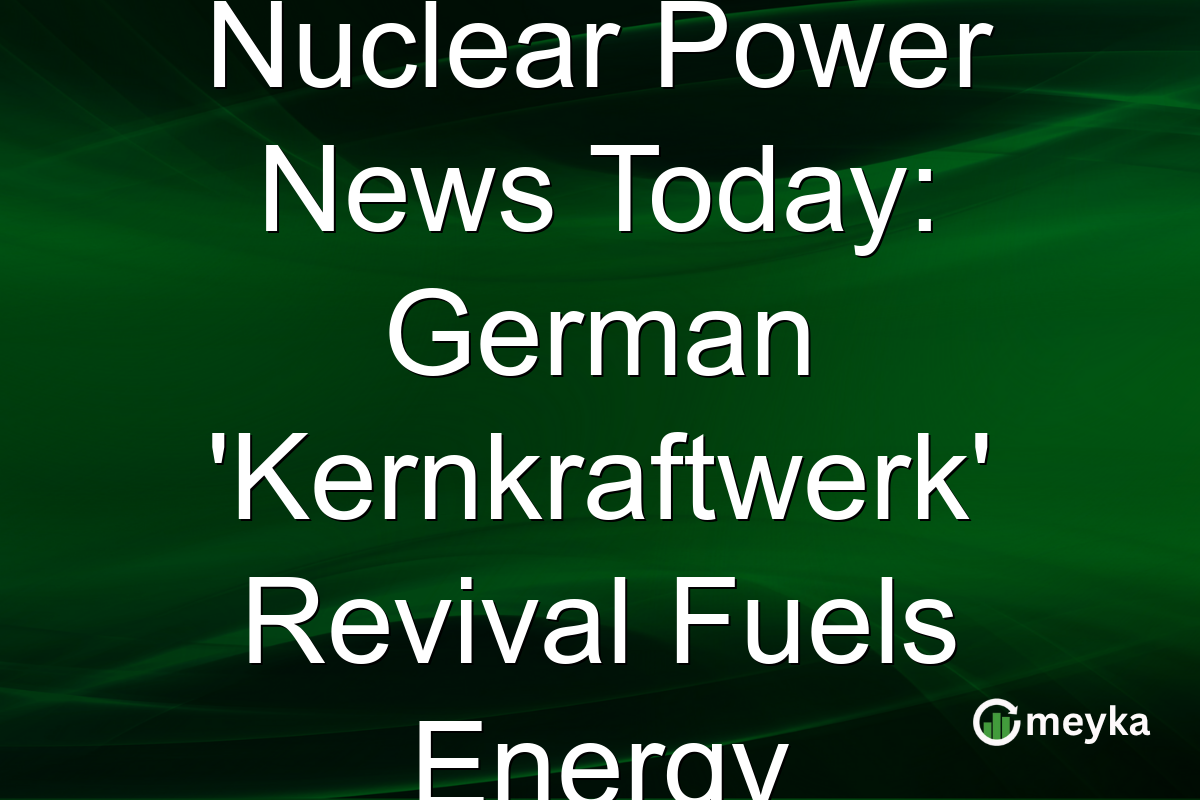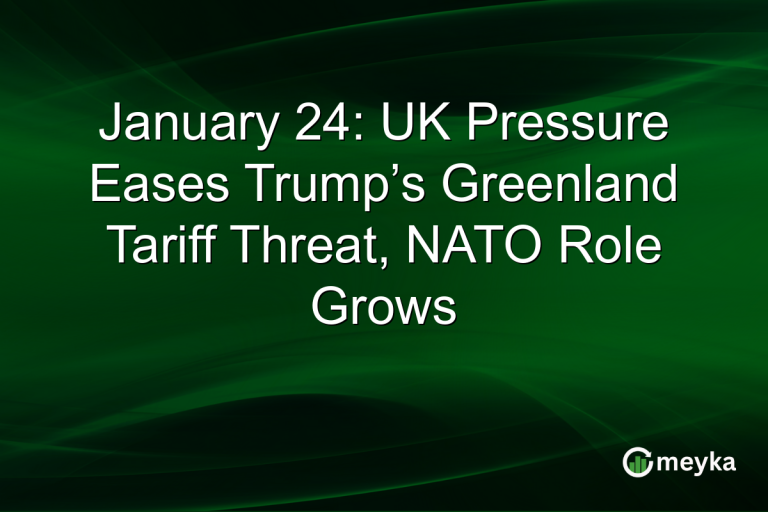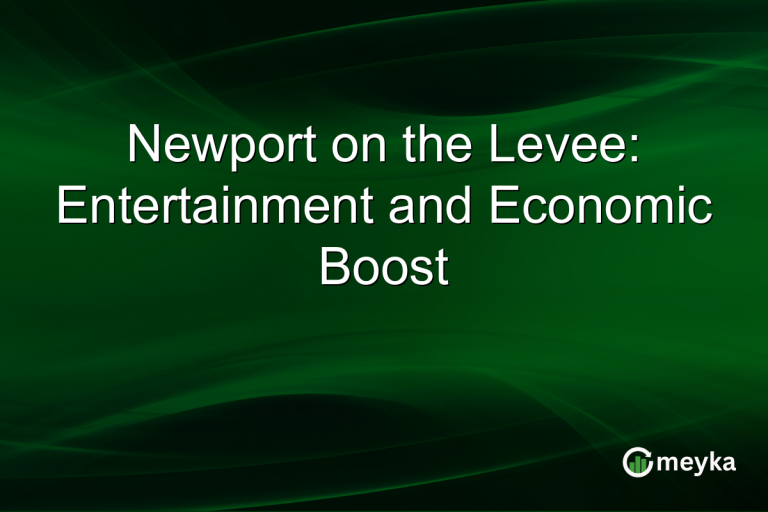Nuclear Power News Today: German ‘Kernkraftwerk’ Revival Fuels Energy
Germany has long stood as a bastion of environmental policy, phasing out nuclear power plants as part of its “Energiewende” strategy. However, the recent European energy crisis and soaring electricity costs have reignited debate over the role of nuclear power in Germany. Political leaders and industry experts are now actively discussing the potential for a nuclear power revival, causing ripples through the energy sector. This development is critical for Germany’s energy security and could have significant implications for the broader European energy framework.
The Current Energy Landscape in Germany
Germany’s commitment to renewable energy sources is well-documented. However, the fast-approaching winter, combined with geopolitical tensions affecting natural gas supplies, has left the German energy mix vulnerable. The European Union’s recent energy policy emphasizes diversification and security, putting nuclear power back on the table. In this environment, nuclear power promises a stable and low-carbon energy source that could alleviate some of the pressures arising from fluctuating and often unpredictable renewable outputs. As Germany faces record energy prices, a change in policy could offer much-needed relief. For further insights, one might consider the broader context of energy policy across the EU, as Germany’s decisions could influence its neighbors.German Energy Mix.
Political and Social Dynamics
The debate around Germany’s nuclear power revival is deeply political. Key figures, including the German Energy Minister, have weighed options that might include revisiting nuclear energy (CNBC). While some argue for policy extensions to existing reactors, others remain steadfast in their opposition. Social sentiment, too, is divided. A younger generation, more accustomed to climate activism, pushes for more aggressive renewable investments, while older demographics express concerns over energy prices and supply stability. The potential policy shift is not only a domestic issue but also contributes to broader EU energy debates, impacting collaborative goals for energy security.
Economic Implications for Germany and Beyond
The financial ramifications of a nuclear power revival in Germany are profound. A shift could stabilize electricity costs and enhance energy security, important factors during economic uncertainty. Furthermore, a reinvestment in ‘Kernkraftwerk’ technology could drive advancements in nuclear safety and efficiency. Germany’s potential policy reversal may also influence investments across the renewable sector. Bloomberg highlights how technological synergies could propel innovation, balancing emissions reductions and energy demands. For investors, understanding these dynamics is crucial as Germany’s decisions might set precedents for how other European countries address similar challenges.
Investor Reaction and Market Sentiment
Market sentiment regarding Germany’s nuclear power potential is mixed but increasingly optimistic. Energy and industrial sectors show heightened activity, with stocks associated with nuclear technology witnessing a slight uptick. This shift reflects growing investor confidence that Germany’s energy policies might diversify to incorporate nuclear alongside renewables. Investors are also eyeing opportunities in nuclear-related infrastructure and technological upgrades as conversations continue to advance at political levels.
Final Thoughts
Renewed discussions about Germany’s nuclear power plants underscore a significant shift in energy strategy principles amid escalating energy costs and political pressure for sustainability. Embracing nuclear power could enhance Germany’s energy security, offering a more balanced and diversified energy mix crucial for stability. From an investment perspective, these developments present nuanced opportunities that could reshape the European energy landscape. For those engaged in the energy and finance sectors, continuous monitoring of Germany’s evolving policy landscape is paramount. Such insights are where platforms like Meyka can prove invaluable, providing real-time updates and predictive analytics as the situation unfolds. In an ever-evolving energy discourse, staying informed is key to capitalizing on these transformative trends.
FAQs
Germany is reassessing nuclear power due to the European energy crisis, rising electricity costs, and concerns about energy security. Nuclear energy offers a stable, low-carbon alternative to current energy sources heavily reliant on imports.
Reviving nuclear power could diversify Germany’s energy mix, stabilize electricity costs, and improve energy security, aligning with EU energy policy goals. It may also reduce reliance on imported fossil fuels.
Investors may view a nuclear policy shift as a growth opportunity, focusing on sectors related to nuclear technology and infrastructure. This shift could prompt increased market activity and investment in nuclear energy innovations.
Disclaimer:
This is for information only, not financial advice. Always do your research.






